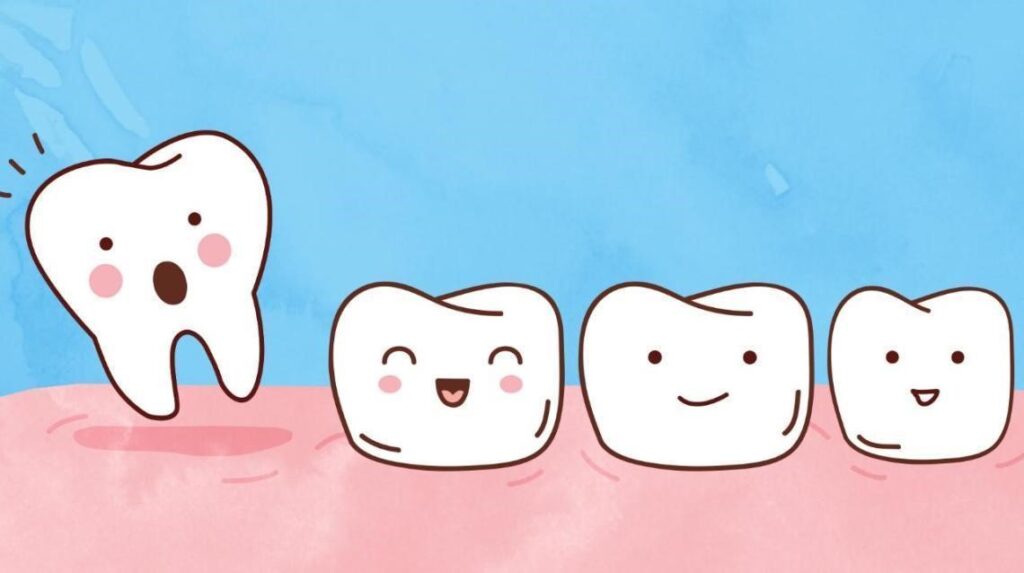Loss of Function
The main function of the teeth is to aid in chewing and mastication of food. Loss of teeth can significantly hamper this function.
Loss of Nourishment
Loss of function can prevent an individual from consuming certain types of hard food without a full complement of teeth. This condition can prevent the patient from ingesting certain types of food. As a result of this, the entire list of nutrients, required for proper growth, may not be available to these individuals. This can cause a deficit in nourishment to the body.
Change in Appearance
The facial features, especially the vertical dimensions of the face, the fullness of the oral and perioral regions, and facial expressions can change when teeth are lost. There can be drooping or pouting of the lips.
Change in Phonetics
Speech and pronunciation can be significantly altered when teeth are lost, as there is great difficulty in regulating airflow. Regulation of airflow requires a combined functioning of the lips and teeth. The absence of teeth can disrupt this balance.
Increased Strain on Remaining Teeth
Teeth bear a lot of force during clenching or mastication. When the number of teeth reduces, the same amount of force is borne by the remaining teeth. This increases the load on the remaining teeth significantly resulting in a traumatic occlusion.
Migration of Adjacent Teeth
Over some time, adjacent teeth start migrating into the space created by the loss of a tooth, both from the anterior and posterior sides. This migration can cause multiple complications. Firstly, it causes an increase in the interdental embrasures of the teeth adjacent to them. This becomes a niche where food impaction/lodgment occurs and can become foci for dental infections (both caries and Periodontitis).
Secondly, this migration causes disharmony in the occlusal relation with the antagonistic teeth in the opposite jaw, causing a traumatic occlusion. This can cause the cusps to wear off due to attrition, or even from subconscious clenching (bruxism). Thirdly, the teeth opposite to the edentulous space can also supra erupt into the edentulous space, which leads to masticatory insufficiency and Temporomandibular Joint (TMJ) disorders. This can again cause food impaction/lodgment and other complications.
Psychological Influence
A smile is the most beautiful expression on the human face. The loss of a tooth/teeth can have a psychological impact on the morale of the patient, as they can no longer smile freely or even speak confidently. Such individuals are usually very conscious of themselves and as a result, they seldom smile. Most often, they cover their mouth while smiling, and may even feel depressed or become introverts. They avoid speaking in public and social interaction, as they may have difficulty in pronouncing words properly and clearly.
Preventing Tooth Loss
Most of the major causes of tooth loss like Dental Caries and Periodontitis occur due to poor oral hygiene and maintenance. People who do not adhere to a healthy oral regimen and frequent dental visits can experience more incidents of Dental Caries and Periodontitis. Both these conditions can be addressed efficiently by following healthy oral practices and protocols. It is important to remember that prevention is always better than cure.

